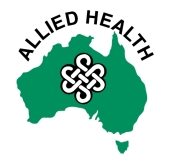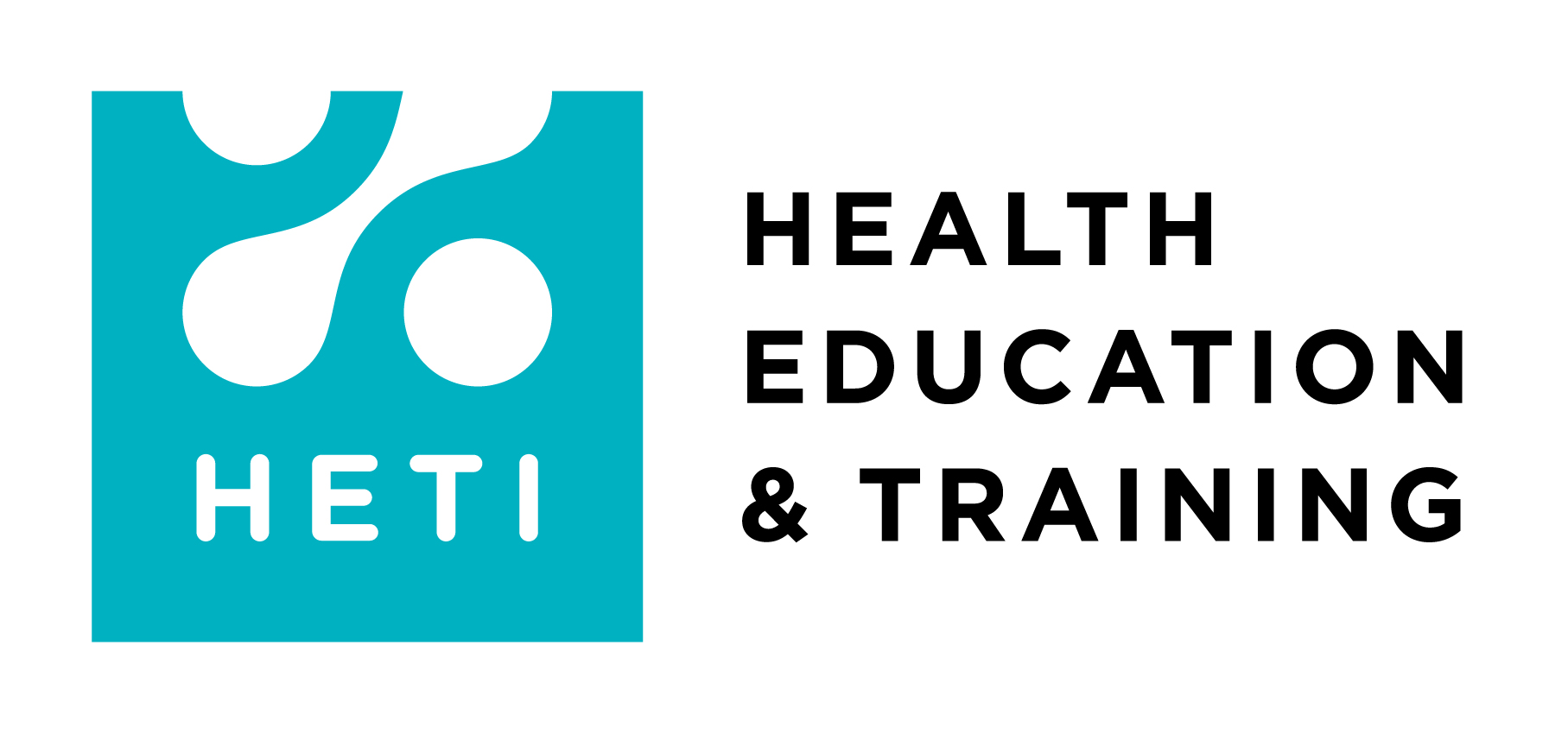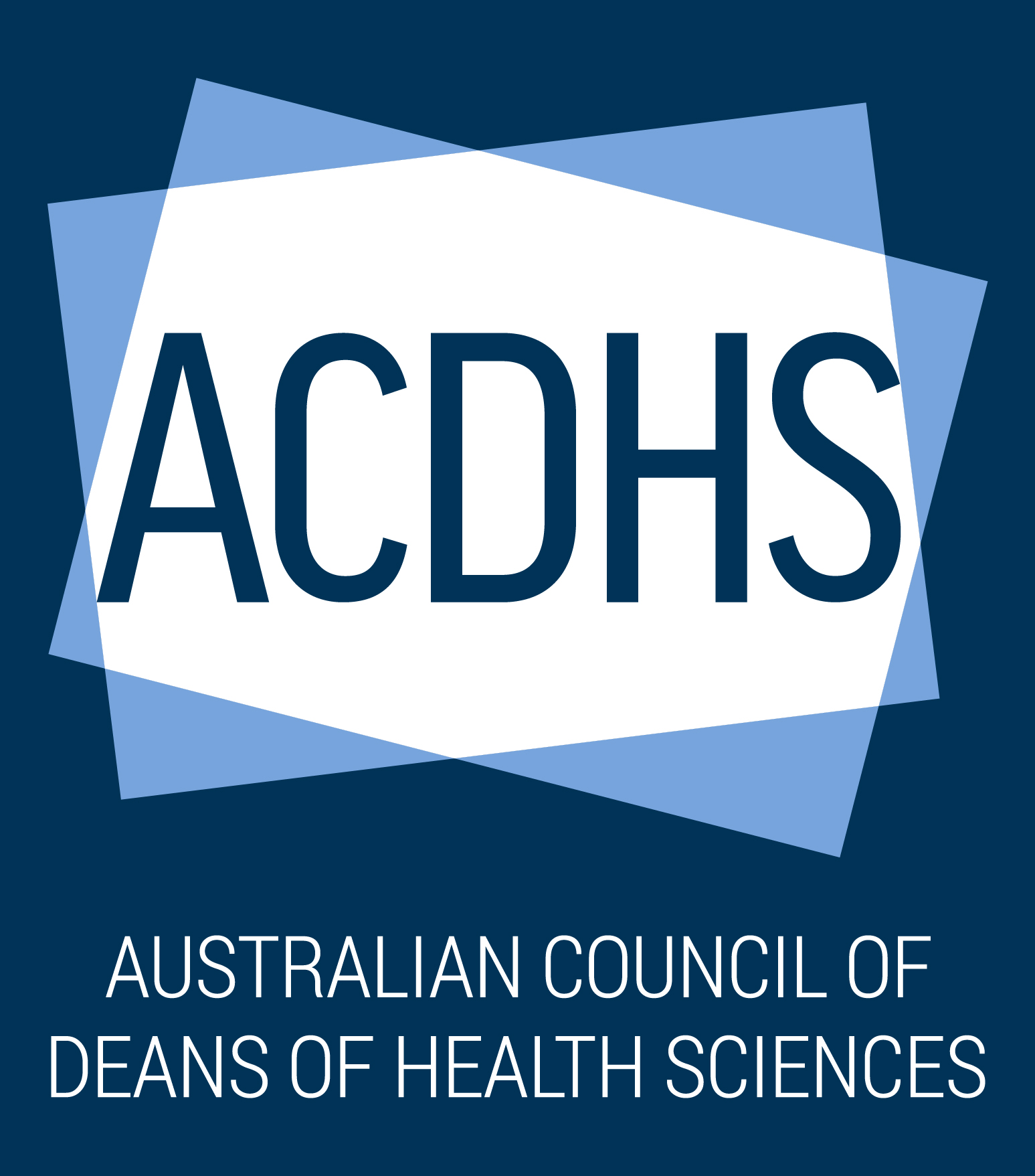Scientific Committee |
 | | Associate Professor Megan Smith
Associate Professor Megan Smith was appointed to the position of Head of School, School of Community Health, Faculty of Science, Charles Sturt University in October 2013. She brings to the position significant teaching and research experience in health education and practice. Megan originally graduated from the University of Sydney with a Bachelor of Applied Science (Physiotherapy) and practiced as a clinical physiotherapist before joining the staff at Charles Sturt University in 1999.
Megan has held positions at Charles Sturt University of physiotherapy course leader, Sub Dean Workplace Learning for the Faculty of Science and Acting Associate Dean for the Faculty of Science.
Megan completed a PhD in 2006 examining the impact of contextual factors on clinical decision making in cardiopulmonary physiotherapy. Her research interests are health professional education including inter-professional practice, preparation for rural practice, workplace learning, clinical reasoning, and the assessment of student performance in the workplace.
|
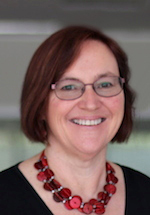 | | Professor Catherine DeanProfessor Catherine Dean is a researcher and educator in physiotherapy. In May 2011 she joined Macquarie University as the inaugural Director and Head of the Physiotherapy Program. Previously, Professor Dean worked as an academic with teaching, administrative and research responsibilities at the University of Sydney. She has a wealth of experience in new curriculum development and learning and teaching innovation in Physiotherapy. She was the recipient of prestigious scholarships to undertake Masters, Doctoral and Post-doctoral studies. Her research interests are developing and testing of rehabilitation strategies to increase activity and participation after stroke, translating evidence into practice and clinical education. Her research has been published in high impact international journals in neurology (Stroke), rehabilitation (Archives of Physical Medicine and Rehabilitation, Canadian Journal of Rehabilitation) and basic science journals (Gait and Posture) as well as the leading physiotherapy journals. Professor Dean's research publications have described important new findings and have effected change in physiotherapy practice in neurology. For example the sitting balance and circuit training interventions she developed have been implemented in stroke rehabilitation units throughout Australia and North America. Her research findings have been integrated into national and international clinical practice guidelines, such as the NHMRC-approved 2010 Clinical Guidelines on the Management of Stroke and featured on the Canadian Stroke Network StrokeEngine site.
|
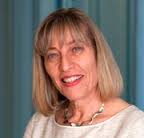 | | Professor Kathryn Refshauge OAM FAHMSProfessor Kathryn Refshauge is Dean of the Faculty of Health Sciences and Professor of Physiotherapy at the University of Sydney. She is a member of several boards and committees in the health sector in NSW as well as various professional and research bodies. She has also served on the executive of the Australian Physiotherapy Association and human research ethics committees, and was involved in the Excellence in Research for Australia initiative.
Her research focuses on integrating her physiotherapy, biomedical engineering and physiology backgrounds to improve health outcomes, particularly for musculoskeletal conditions. She is currently a chief investigator on two Centres for Research Excellence - one in Neuromuscular Disorders: Transforming the management of neuromuscular disorders from compassionate assistance to targeted therapy and prevention and the other in recovery following road traffic injuries. She has published extensively in the area of musculoskeletal health, and developed guidelines and position statements for best practice in diagnosis and management of various musculoskeletal conditions.
Professor Refshauge has been the recipient of the Medal of the Order of Australia, and is a Fellow of the Australian Academy of Health and Medical Sciences. In 2011, Professor Refshauge was awarded the Vice-Chancellor’s Award for Excellence in Research Student Supervision and a national award for Outstanding Contribution to Student Learning by the Australian Learning and Teaching Council. She holds several honorary professorial appointments and is a member of editorial board of international journals.
|
| | Professor Michelle LincolnProfessor Michelle Lincoln is the Deputy Dean, Strategy in the Faculty of Health Sciences, The University of Sydney. Michelle is a speech pathologist and a Fellow of Speech Pathology Australia. In her role as Deputy Dean Michelle works across the allied health professions of diagnostic radiography, exercise and sports science, occupational therapy, physiotherapy and speech pathology. Her role includes student recruitment and university experience, curriculum development, external partnerships and leadership development. Michelle has won National and University teaching awards for her work in competency based assessment of speech pathology students.
Michelle’s current research focusses on allied health service delivery models and workforce development in rural and remote communities. Her research is funded by the Australian Research Council and the National Health and Medical Research Council. Michelle partners with Aboriginal Medical Services, the Poche Centre for Indigenous Health and Aboriginal communities to enable community led research projects. Michelle has published more than 130 peer reviewed journal papers and regularly reviews papers and grants.
Michelle has formerly held the position of Associate Dean Learning and Teaching and Head of Discipline of Speech Pathology at the University of Sydney. She is a previous accreditor of Speech Pathology programs on behalf of Speech Pathology Australia.
|
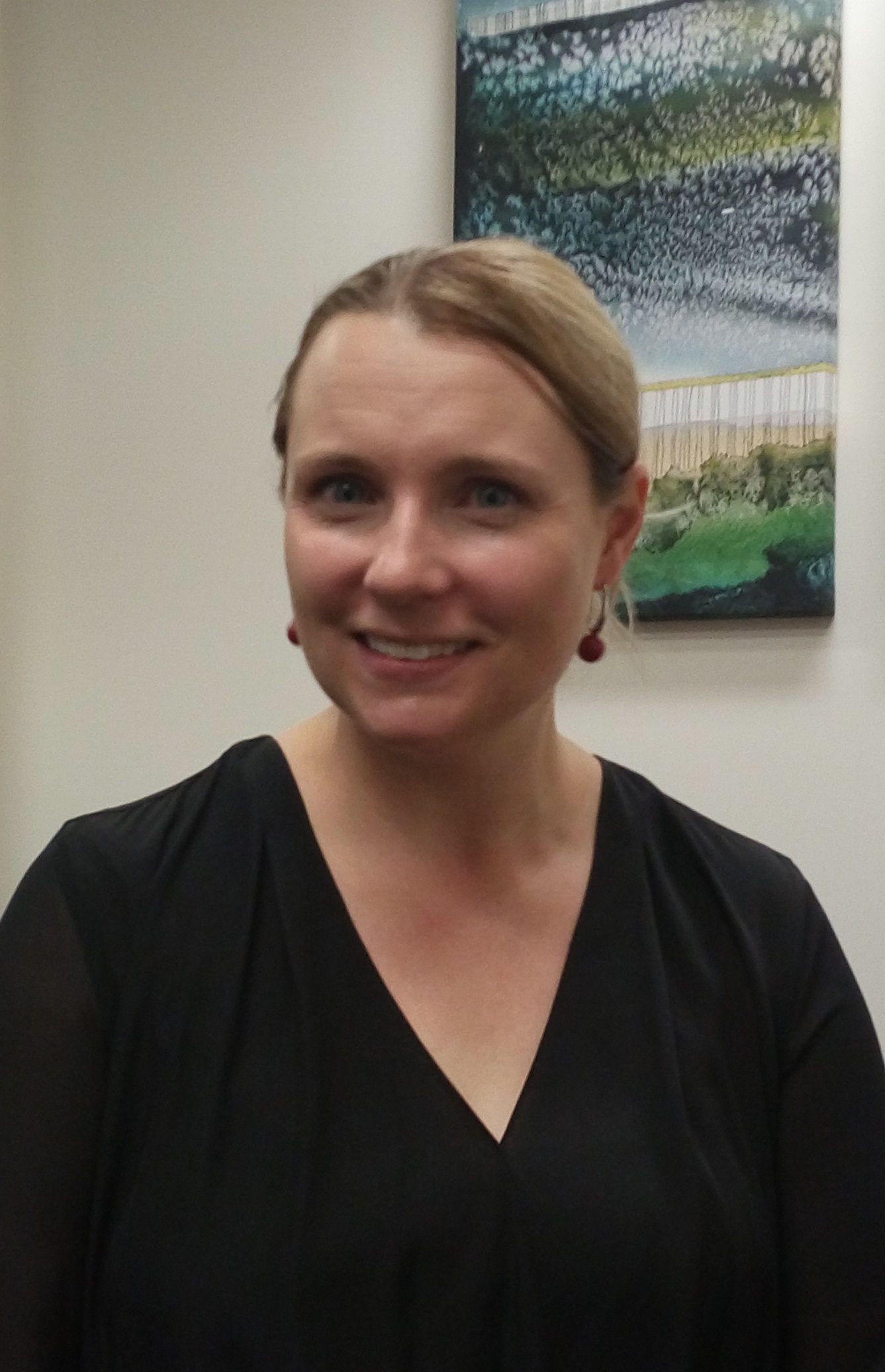 | | Jacqueline Dominish
Jacqueline Dominish qualified as an occupational therapist in 1999 at the University of Sydney. She worked in clinical roles for a period of 9 years in both Australia and the United Kingdom specialising in neurological rehabilitation in particular, stroke, brain injury and motor neurone disease. Following completion of a Masters of Health Management and Certificate IV in Workplace Assessment and Training, Jacqueline spent a further 8 years in clinical education roles including with the former Institute of Medical Education and Training and the Health Education and Training Institute. Her primary role was undertaking statewide projects and educational initiatives to support the NSW Allied Health Workforce including publications and associated training programs such as The Superguide: a handbook for supervising allied health professionals, The Learning Guide: a handbook for allied health professionals facilitating learning in the workplace and The Governance Guide: a best practice governance framework for allied health education and training. In addition, Jacqueline has undertaken research with colleagues in relation to workplace learning for allied health professionals and the impact of online training programs on clinical practice. Jacqueline has recently been appointed as the Principal Allied Health Advisor at the NSW Ministry of Health and has a current focus on workforce development and policy initiatives to support the NSW allied health workforce. |
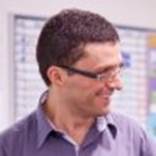
| | Mark Buhagiar
Mark Buhagiar is the Director of Clergy Health and Wellbeing for the Catholic Diocese of Parramatta, with a background in physiotherapy, allied health management, and research. He is an adjunct supervisor at Macquarie University, and has been involved in the training of undergraduate and postgraduate physiotherapy students in the rehabilitation and palliative care specialties for over 15 years. He has also designed, coordinated and delivered placements within the rehabilitation setting for overseas trained physiotherapists seeking professional recognition of their qualifications in the Australian healthcare setting.
In the coming months Mark hopes to finalise and submit his PhD thesis, which he is completing through the University of New South Wales. His research focuses on rehabilitation following joint arthroplasty, and investigating the drivers for treatment decisions within the private healthcare sector. He has presented his research at national and international conferences and meetings across Asia, Oceania, Europe and the U.S. |
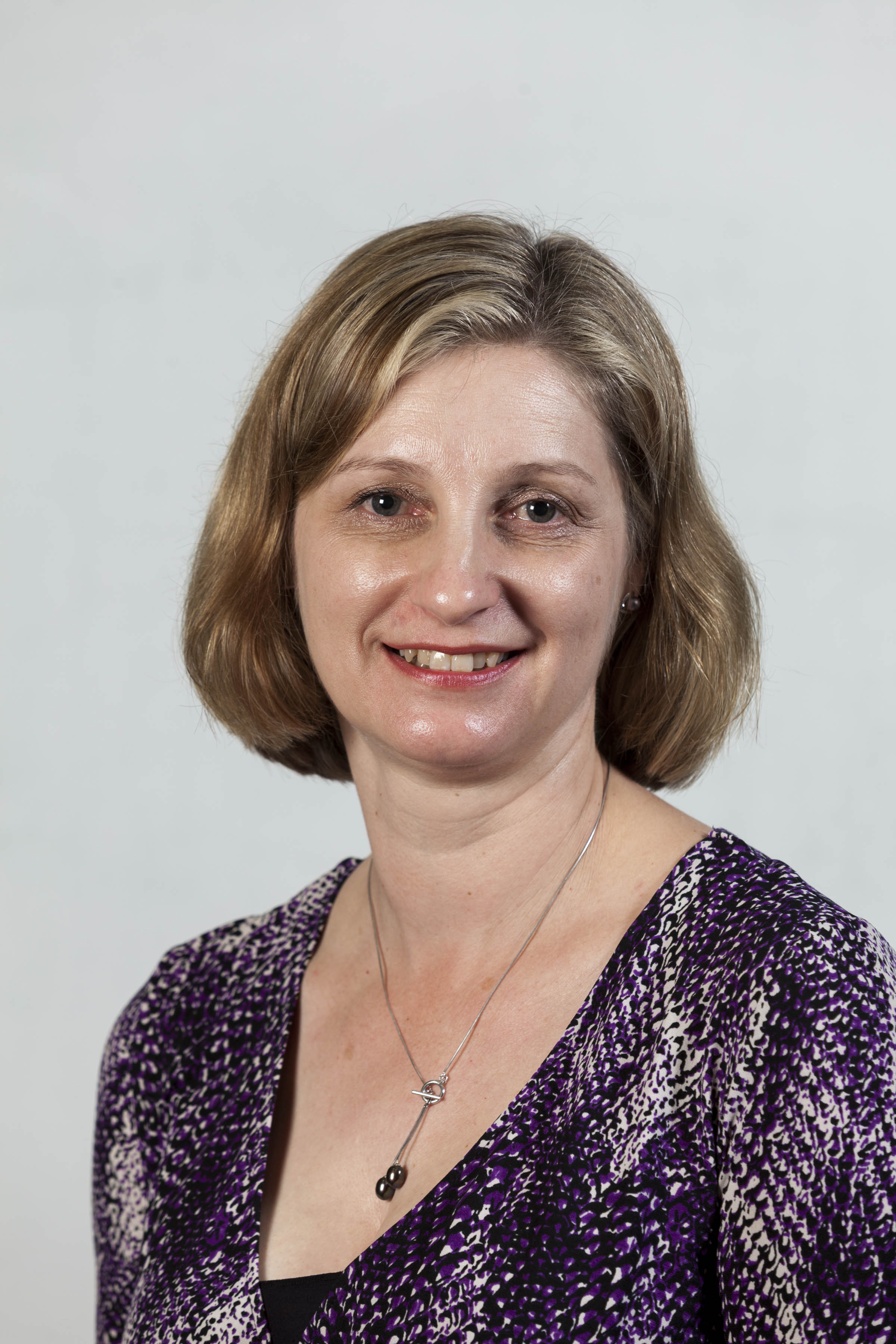
| | Professor Andrea Bialocerkowski
Professor Andrea Bialocerkowski is a registered physiotherapist and is the Head of the School of Allied Health Sciences at Griffith University. Andrea has in depth knowledge of the six allied health disciplines in the School, including Exercise and Sport, Nutrition and Dietetics, Occupational Therapy, Physiotherapy, Rehabilitation Counselling and Speech Pathology. Andrea is an active researcher and a member of the Menzies Health Institute Queensland. She has published over 90 papers, gained over $12 million of funding as well as being awarded number of national and international prizes. Her research focuses on upper limb injuries as well as novel learning and teaching approaches such as interprofessional learning, simulated learning and evidence based practice. |
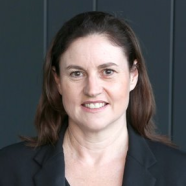
| | Professor Jennifer Fleming
Professor Jennifer Fleming is an occupational therapy researcher and academic with 30 years clinical and research experience in the field of neurological rehabilitation. She holds the position of Professor in Occupational Therapy at The University of Queensland. Jenny was awarded her PhD in 1996, and has been an active researcher, postgraduate student supervisor, and presenter since then. She has published her work in over 190 publications to date including journal articles, book chapters and a text book. Jenny is a chief investigator on a Centre for Research Excellence in traumatic brain injury recovery funded by the National Health and Medical Research Centre and has attracted $6.3 million in funding for her research. She is Co-editor-in-Chief of the journal Brain Impairment. Her research focuses on cognitive rehabilitation, particularly in the areas of memory and self-awareness, and improving psychosocial outcomes for people with brain injury.
|
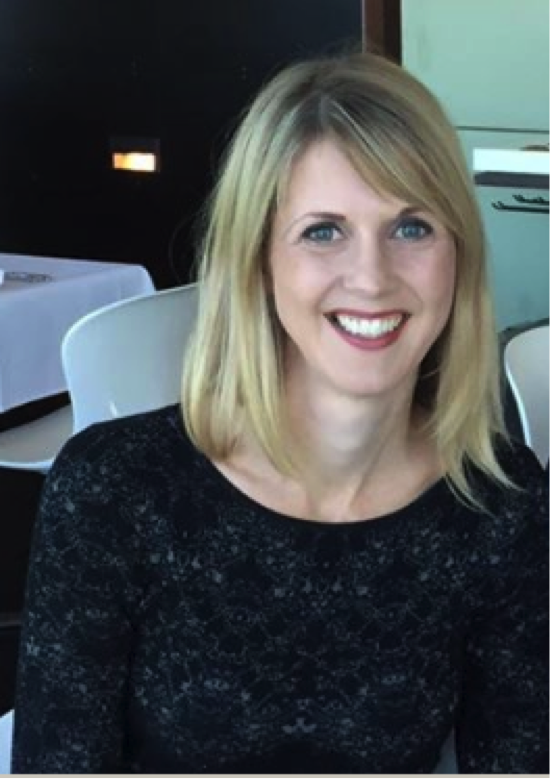
| | Valerie Judge
Valerie Judge is Head of Social Services at the Royal Victorian Eye and Ear Hospital and a member of the Australian Association of Social Workers. She has been awarded a grant from the Health Social Work Directors Group to undertake research a pilot study into the effects of labelling on patient behaviour.
Valerie has been a qualified Social Worker for 16 years and has worked within the United Kingdom and Australia in statutory settings, local government, sport and health.
In 2015, Valerie was awarded the Eye and Ear’s Allied Health Services Award for service improvement, innovation and promoting quality of care for patients within the Hospital. She continues to lead and influence the Hospital on issues relating to child safety, elder abuse and family violence.
Valerie was instrumental in developing a safeguarding training programme [children and adults at risk] for the Lawn Tennis Association in the UK. Valerie was also Chair for the Pan London Integrated Working Network which included representation from the 33 London Local Authorities, and was integral in rolling out a national programme, with a primary focus on early intervention for children and young people. |
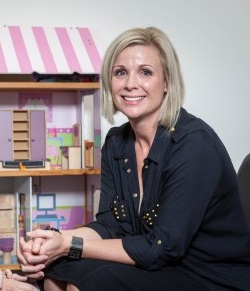
| | Dr Lara Farrell, PhDDr Lara Farrell is a Clinical Psychologist and Associate Professor within the School of Applied Psychology, Griffith University, Gold Coast Campus. Dr Farrell conducts clinical research in the field of childhood anxiety and obsessive-compulsive spectrum disorders. Her research includes experimental studies of cognitive mechanisms and family processes associated with childhood psychopathology, as well as the assessment, prevention and treatment of paediatric anxiety disorders and OCD. Her work has involved numerous highly cited clinical trials for child OCD, including group treatments of OCD, intensive treatments and novel pharmacological augmentation of CBT. She has particular interests in understanding predictors and moderators of treatment response, in particular the important role of comorbidity. She is on the editorial board of numerous journals, including the Journal of Obsessive-Compulsive and Related Disorders (JOCRD) and Clinical Child and Family Psychology Review, and is Associate Editor for Child Psychiatry and Human Development, and Journal of Cognitive Psychotherapy. She has served on NHMRC grant review panels for the past 3 consecutive years. Her research has attracted funding from Griffith University (MHIQ), Australian Rotary Mental Health Research, Foundation for Children, Gold Coast Hospital Foundation, Australian Research Council (ARC) and National Health and Medical Research Council (NHMRC). She oversees the “OCD Busters” research treatment program at Griffith University, which is an evidence-based CBT program for children and youth with obsessive-compulsive disorder. In addition to research and servicing the community, this program also provides clinical training via placements for students completing their postgraduate clinical training. |
.png)
| | Dr Elizabeth Lynch
Dr Elizabeth Lynch is a registered physiotherapist with experience in inpatient stroke rehabilitation. She has a strong interest in implementing evidence into clinical practice, and has been awarded state (South Australian) and national awards for her work in embedding evidence-based practice into inpatient stroke care provision.
Dr Lynch completed her PhD in 2015, which was a project comparing 2 methods to improve the assessment of rehabilitation needs of people with stroke. For her PhD research, Dr Lynch was awarded the Ruth Grant prize (sponsored by the Australian Physiotherapy Association) which recognises a physiotherapist who distinguishes themselves in their dedication and application to research in physiotherapy. She is now a full-time researcher, working across 2 institutions - the Florey Institute of Neuroscience and Mental Health (post-doctoral research fellow in Implementation Science Stream of CRE Stroke Rehabilitation and Recovery) and University of Adelaide, (working in knowledge translation research stream within Adelaide Nursing School). |
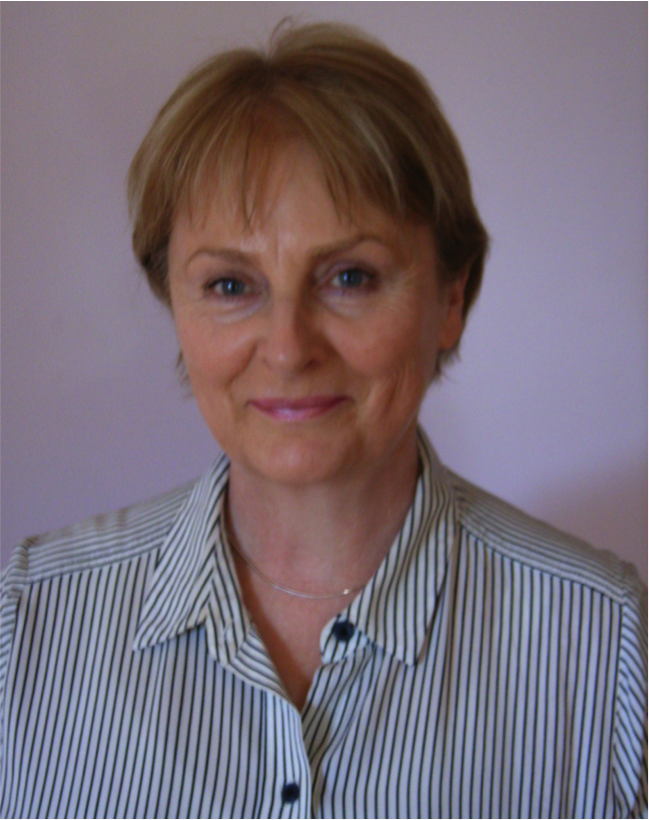
| | Dr Elaine Hart
Dr Elaine Hart is Manager, Allied Health Professional Workforce and Staff Development, with the Tasmanian Health Service. She is a clinical psychologist with teaching and clinical practice experience in the mental health field.
She began her career as a clinician working with Mental Health Services in Tasmania, followed by a number of years teaching in the postgraduate program of the School of Psychology at the University of Tasmania and overseeing its student placement program and training clinic. More recently she has been involved in workforce development across a range of health care settings and teaching on topics such as clinical supervision in the School of Medicine at the University of Tasmania.
Her research interests have included the areas of suicidal behaviour, disordered eating, eating disorders and body image, and clinical and professional supervision.
She has held positions on various committees of Australian Psychological Society including its national ethics committee, the Workplace Issues National Advisory Group and the national committee of the College of Clinical Psychologists. She is a founding member and current chair of the Tasmanian Allied Health Advancement Committee, which sponsors annual awards for excellence in allied health professional research and practice and organises the biennial Tasmanian Allied Health Professional Symposium, a forum showcasing local research activity and innovation. |
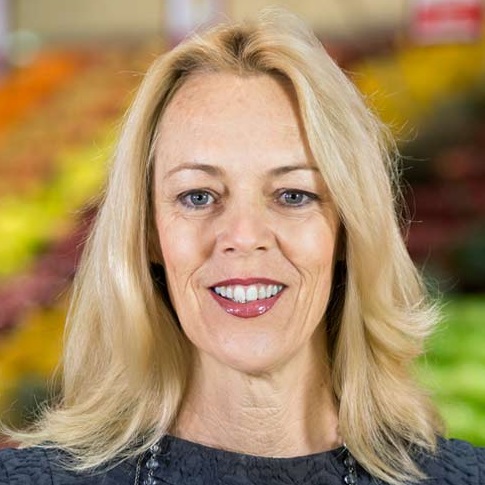
| | Professor Clare Collins
Professor Clare Collins is Director of Research for the School of Health Sciences, Faculty of Health and Medicine and Acting Director of the Priority Research Centre in Physical Activity and Nutrition at the University of Newcastle, NSW, Australia. She also holds an NHMRC Senior Research Fellowship. She is also Deputy.
Clare has published >270 manuscripts and supervised >20 Higher Degree by Research candidates to completion. Her research focuses on using smart technologies to assess dietary intake, evaluate the impact of nutrition interventions on eating patterns, weight and health across key life stages and chronic health conditions.
Clare is a Fellow of the Dietitians Association of Australian (DAA). She well known as a nutrition media commentator and has been a DAA media spokesperson for 18 years and conducted >1500 interviews. Her column for The Conversation is called Eating Science; making food and nutrition research digestible. |
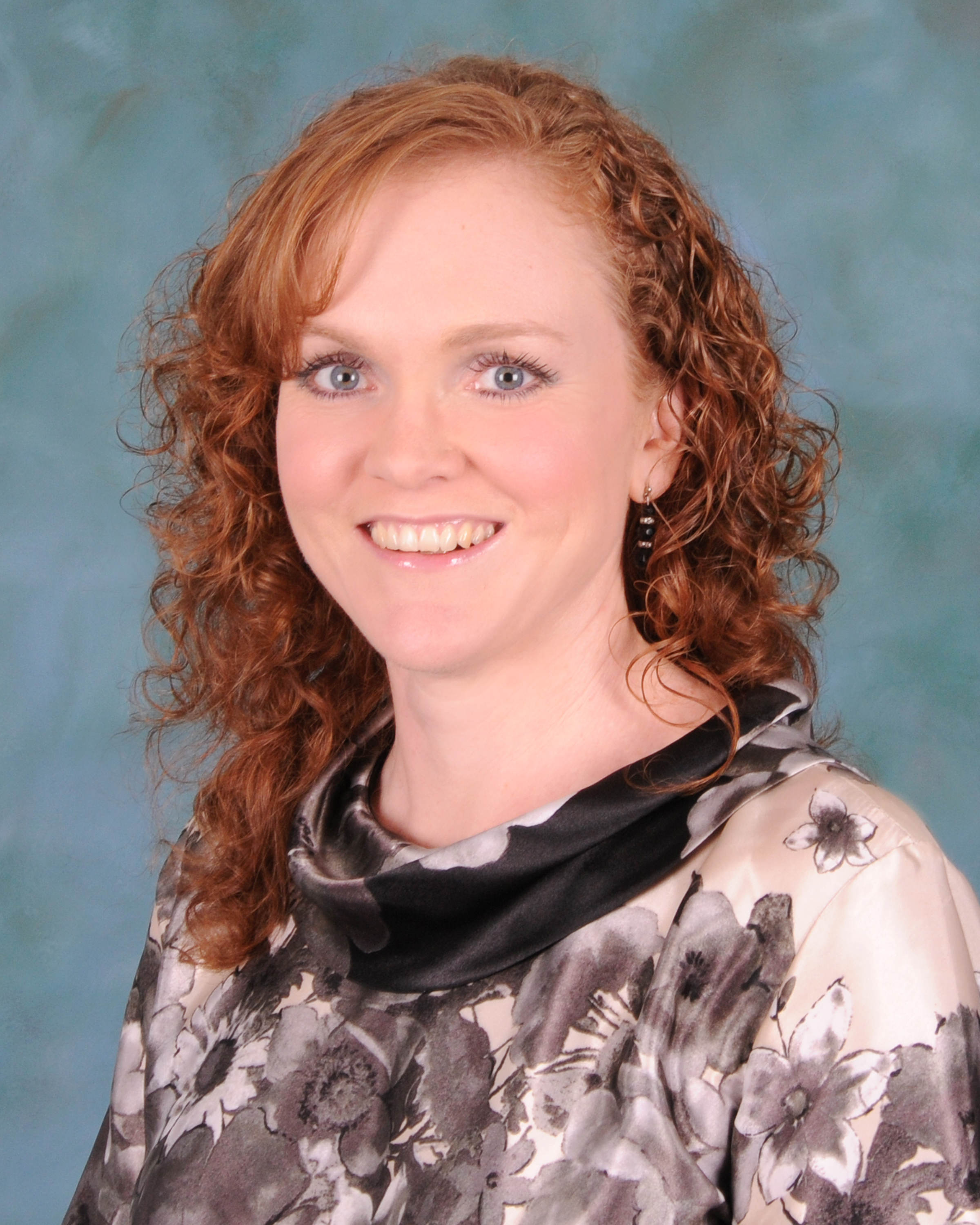
| | Julie-Anne Ross
Julie-Anne Ross is an Allied Health Workforce Development Officer and Occupational Therapist. She has experience within the public sector in clinical, managerial and workforce development. |
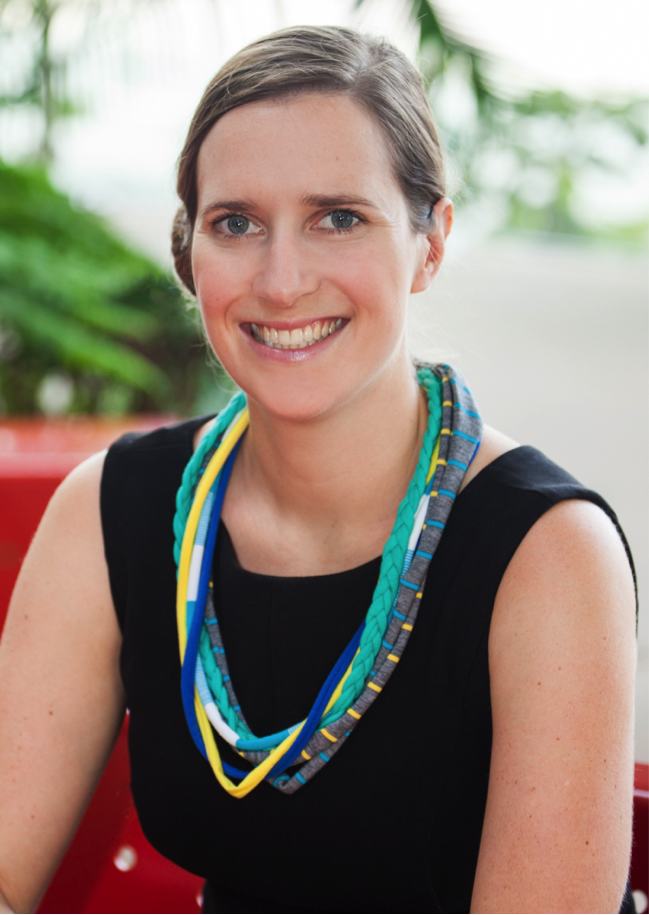
| | Dr Lauren Ball
Dr Lauren Ball is an NHMRC Research Fellow, Accredited Practising Dietitian and Senior Lecturer in Nutrition & Dietetics. Dr Ball conducts research in primary health care that contributes to a better understanding of how patients with, or at risk of chronic disease can be supported to have healthy dietary behaviours. The research is patient-centred, interdisciplinary, and utilises a knowledge-translation approach to support high quality health care. The research is aligned with the national research agenda on chronic disease prevention and management, and patient-centred primary health care. |
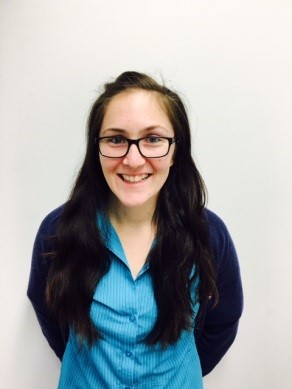
| | Teagan Carpini
Teagan Carpini qualified as a speech pathologist in 2011 at the University of Sydney. She has since been working clinically for WNSW LHD and currently holds the role of senior adult speech pathologist at Orange Health Service. She completed her Masters in Gerontology in 2015 to further develop her skills in delivering exceptional healthcare outcomes to older people. Her primary role involves clinical work across acute and rehabilitation settings with a passion for critical care and communication rehabilitation. Teagan has additionally been involved in the training of undergraduate and postgraduate speech pathology students across acute and rehabilitation settings for the past four years. |
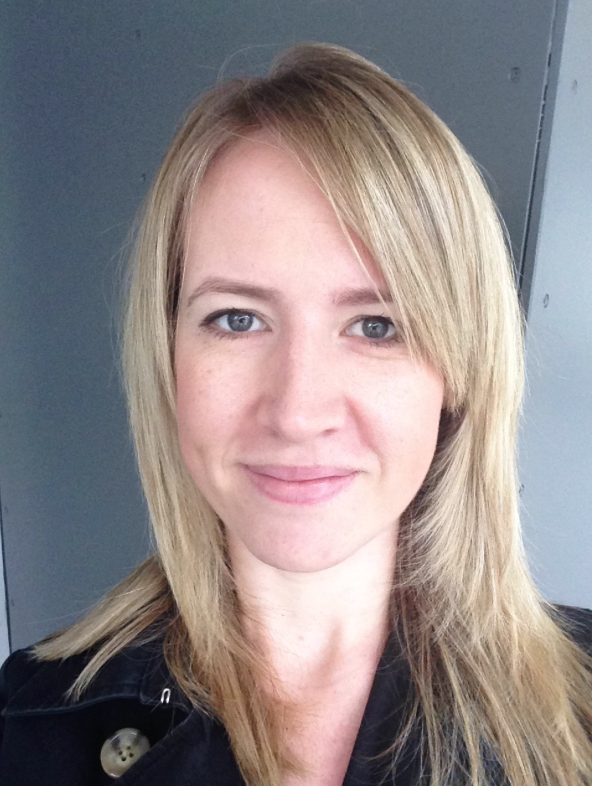
| | Dr Amy Freeman-Sanderson
Dr Amy Freeman-Sanderson is Head of the Speech Pathology Department at Royal Prince Alfred Hospital. She holds an honorary position at the University of Sydney. She has worked within the critical care setting both nationally and internationally, for over 15 years. She has a particular interest in patients with a tracheostomy and completed her PhD studies in this area at the University of Sydney in 2016. The focus of her thesis was early communication intervention for restoration of voice and associated quality of life. |
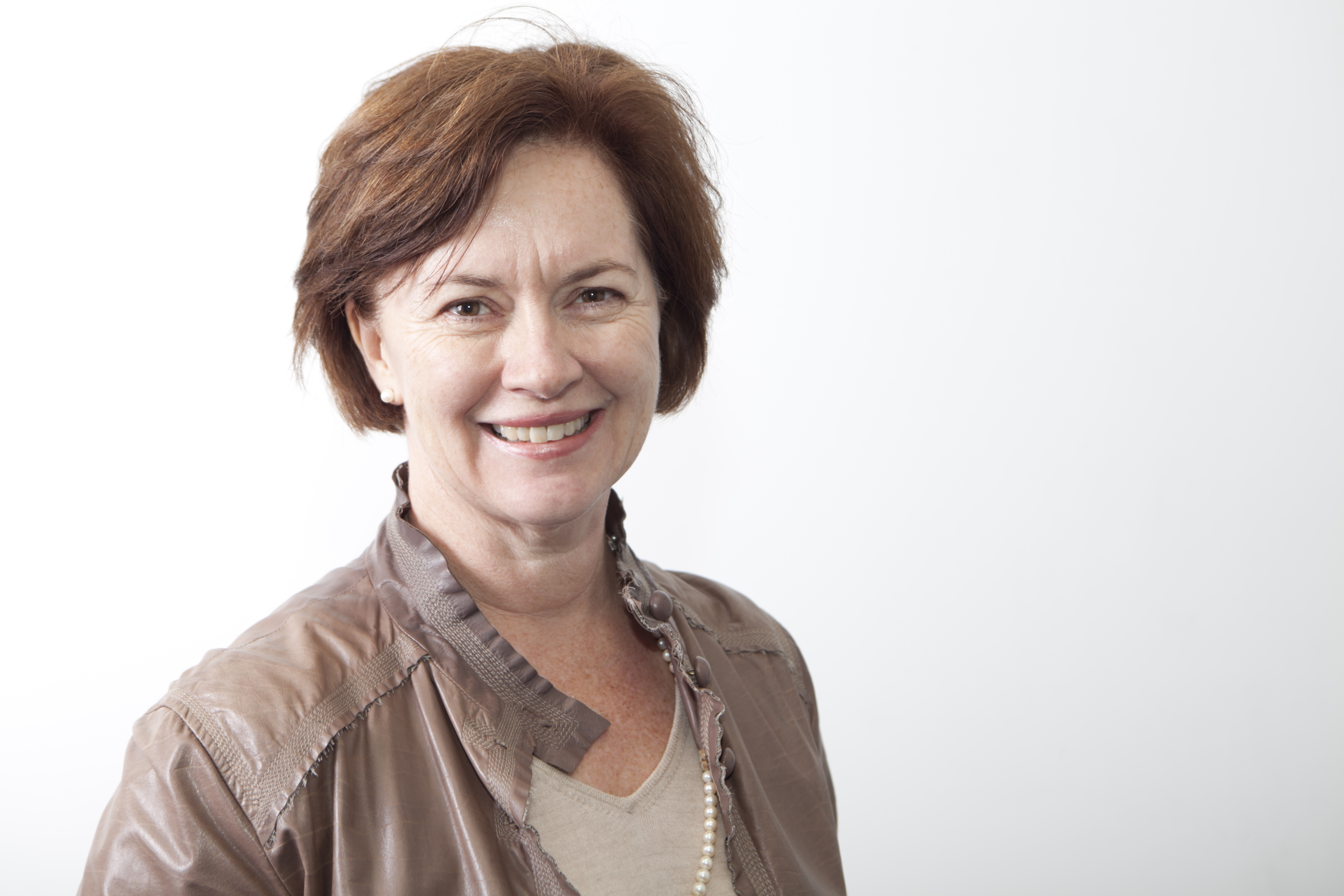 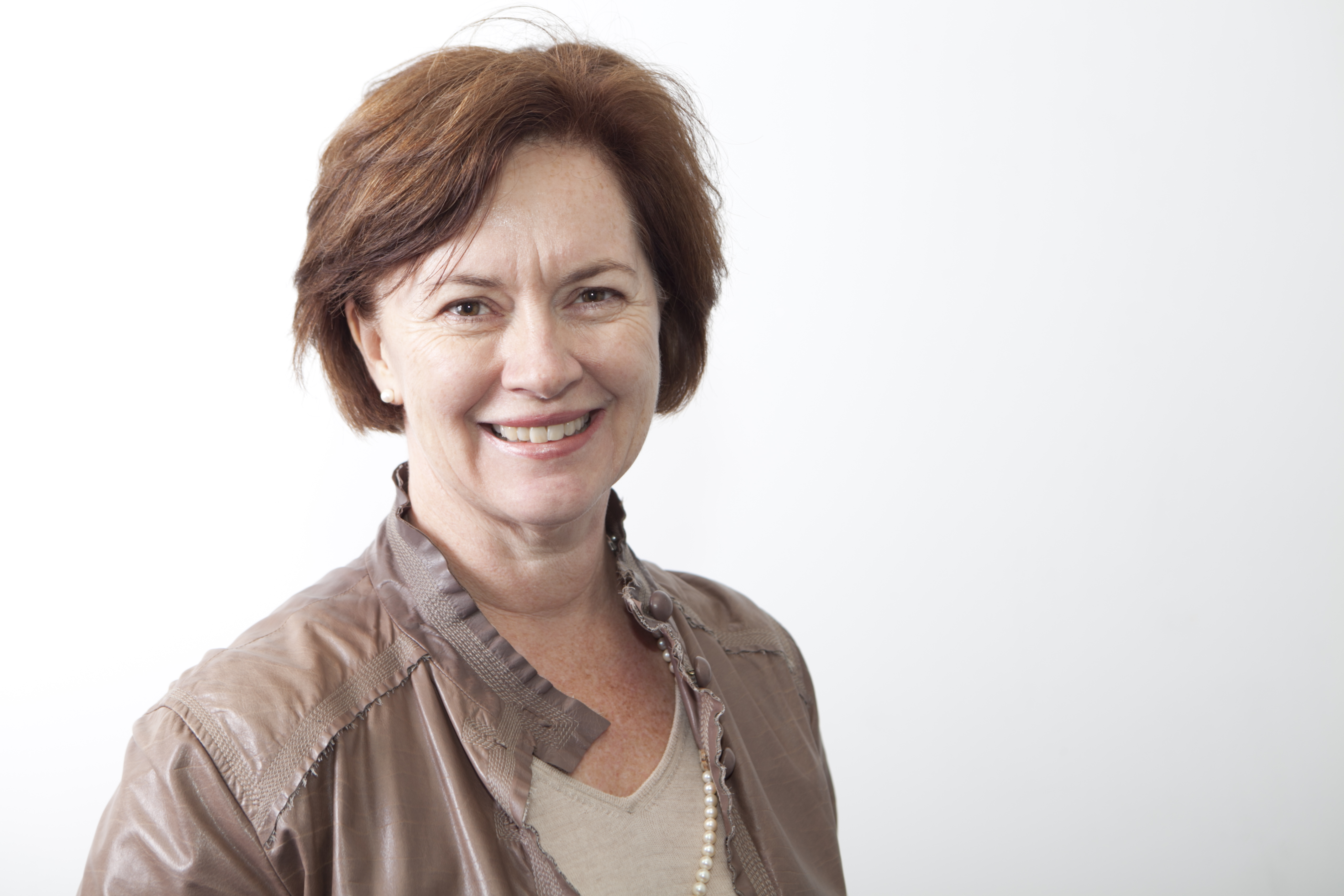 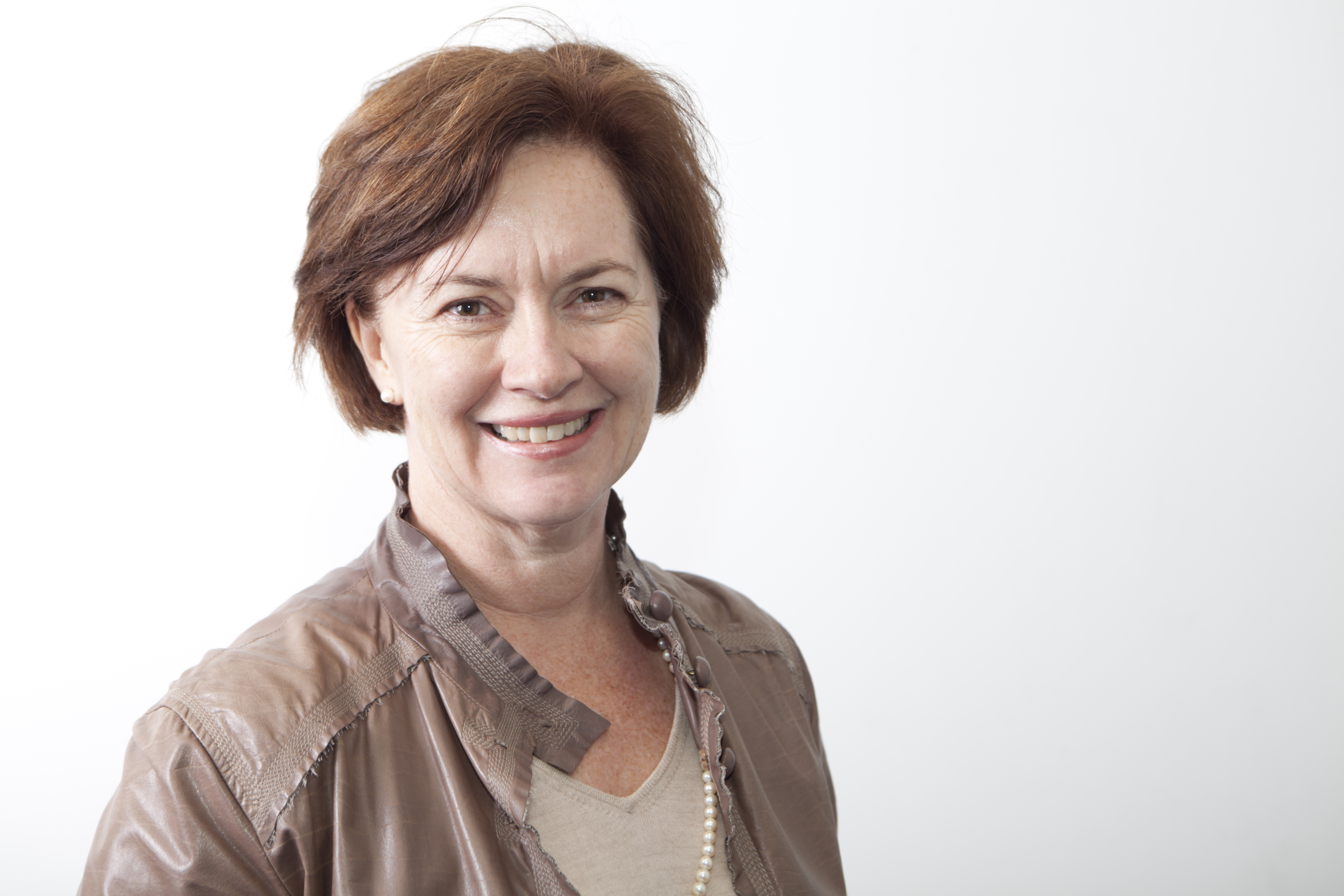 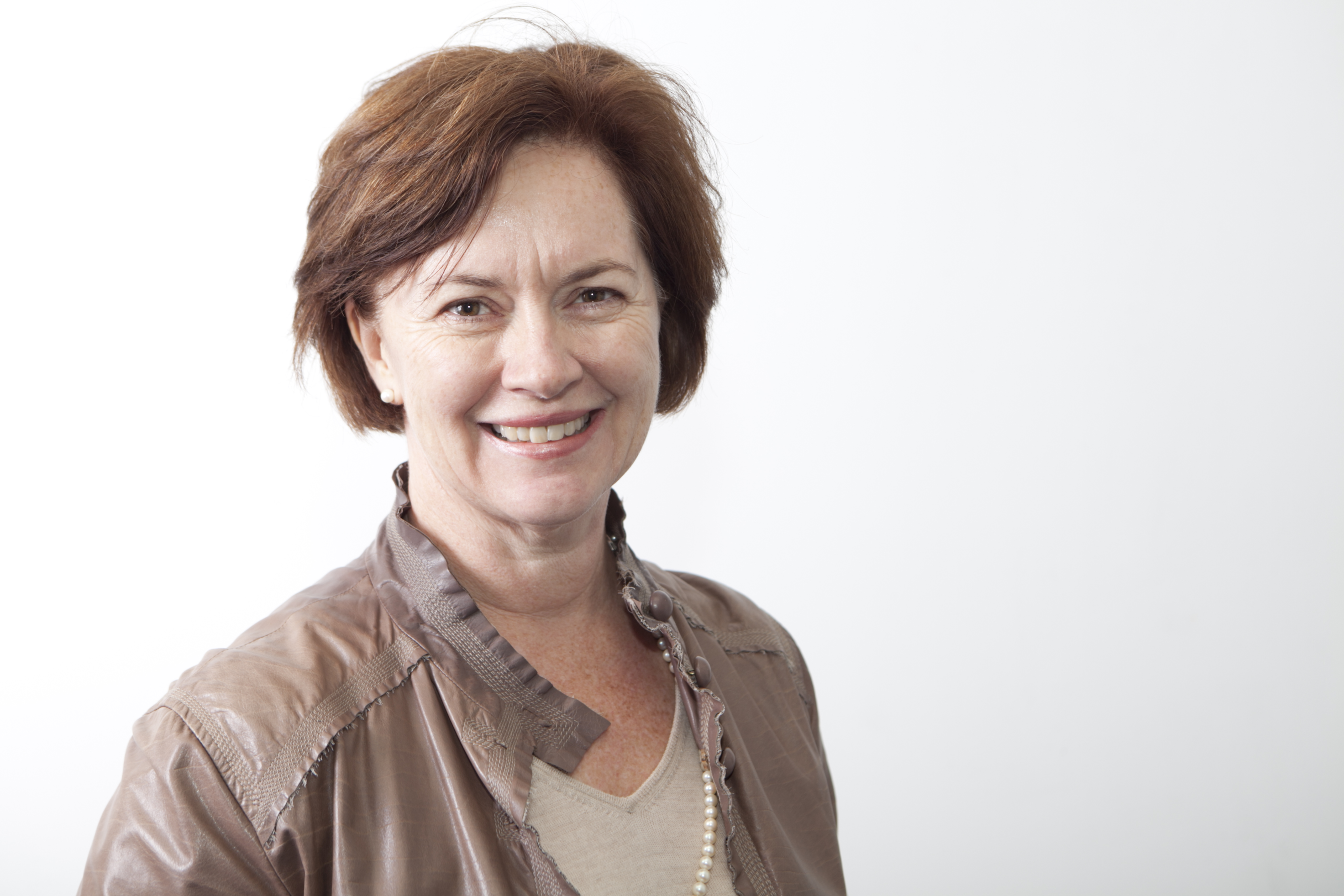 | | Professor Gabrielle Cooper
Professor Gabrielle Cooper OAM is the Professor of Pharmacy at the University of Canberra. She established the Discipline of Pharmacy at University of Canberra in 2004. Gabrielle has a hospital pharmacy background having worked at Calvary Hospital Hobart, Royal Canberra Hospital, St Vincent’s Hospital, Sydney, Great Ormond St London, John James Memorial Hospital and Calvary Hospital, ACT. Gabrielle is currently the chair of the ACT Primary Health Network and is actively involved in a range of health-focused innovations. Her clinical interests include management of drug overdose, clinically based pharmacy education. She has thirty-six publications. Gabrielle is a mother of three adult children and two beautiful, grandchildren. |
Organising Committee | | |
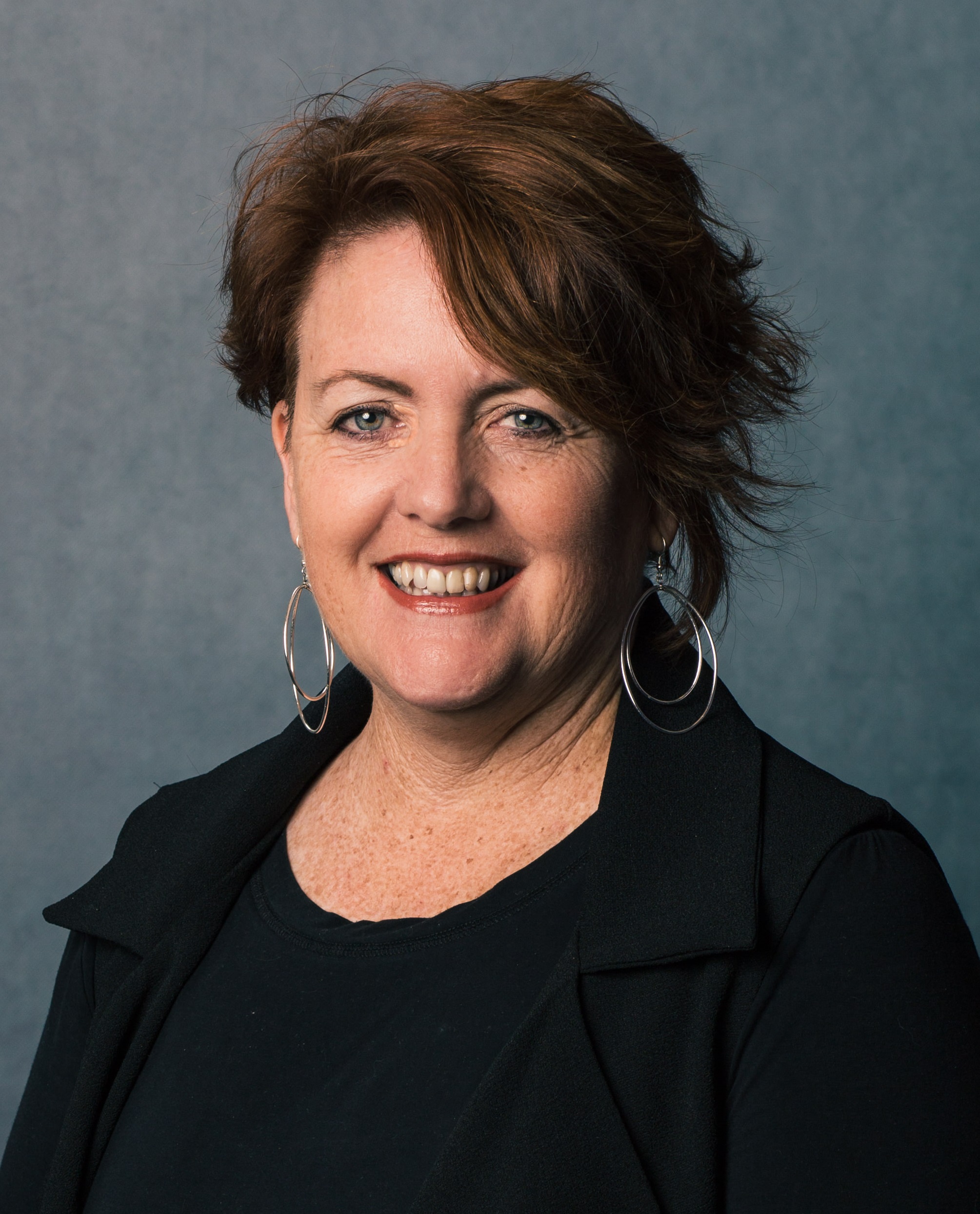
| | Catherine Maloney Cath is an Allied Health Professional with 30 years’ experience as a Physiotherapist. In that time she has enjoyed very diverse roles in both private and public sectors, including community health, private practice and workplace rehabilitation. Cath currently holds the position as Director Allied Health, Subacute and Aged Care for Murrumbidgee Local Health District.
Having worked the majority of her career in rural and regional settings, Cath understands the challenge of delivering health services across large geographical areas. She is passionate about improving access to health services in rural communities by supporting organisations, clinicians and clients through the development of contemporary service delivery models. |
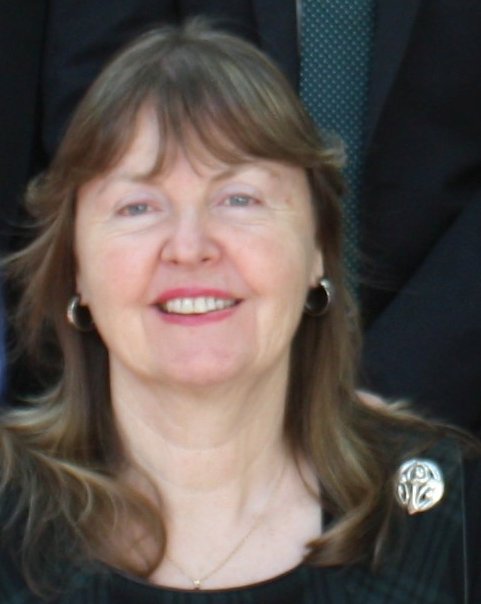
![]()
| | Rosalie Boyce (PhD)University of Queensland, (Academic (Hon) and Consultant Science Communicator),
Director, Rosalie Boyce Consulting Pty Ltd,
Founder & Director: HealthFusion Team Challenge
Rosalie's has spent 10 years as a clinician and manager before commencing her research career. Her research focuses on the management and organisation of Allied Health (policy, organisational structure, workforce, education, research, governance, leadership, international relations, culture & identity), interprofessional education and practice, authority relations between the professions and the sociology of professions. Author of over 100 academic and professional publications, she is interested in how leadership, workforce reform and the development of the ‘allied health’ identity contributes to innovation, service development and strategic influence at national and international levels. Her most recent research is on allied health in executive and Board positions in public healthcare organisations. Rosalie is the recipient of the 2016 'Lifetime Contribution to International Allied Health' award from the International Health Professions Officers (ICHPO) network.
|

| | Sue Steele-SmithSue Steele-Smith has worked for more than 30 years as an Occupational Therapist in a range of clinical settings and has a Masters of Health Science Education. She has also worked as an education consultant and RTO manager which involved training more than 500 allied health assistants, both in NSW and nationally. She was involved in developing the Allied Health Assistant Framework. Following her move to HETI she has been involved in the development, implementation and evaluation of Allied Health specific training programs. This has included Lymphoedema, Allied Health Assistant supervisor training, Clinical supervision, the Allied health Governance guide and more recently Guardianship application training workshops. |
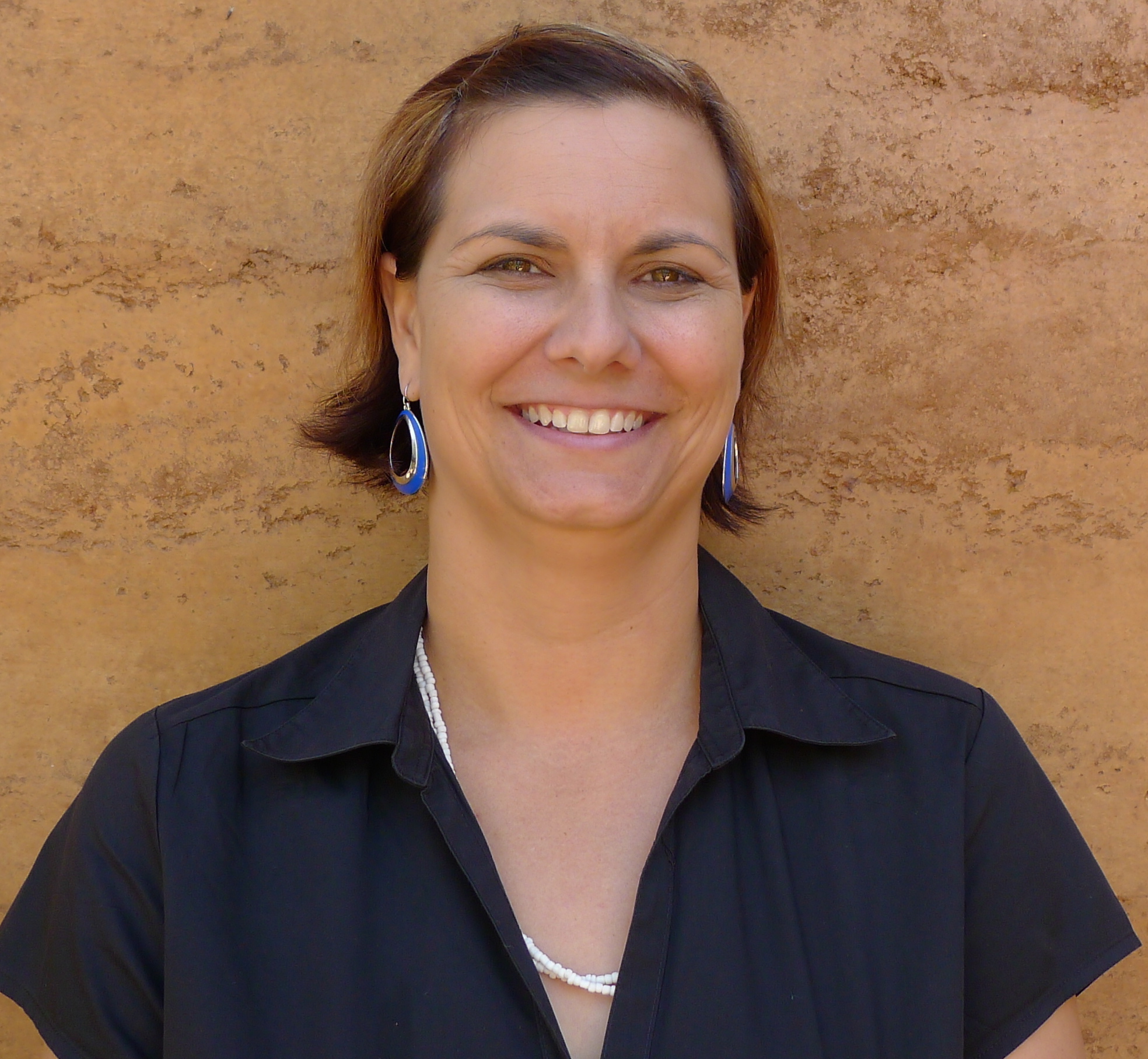
| | Kylie Stothers
Kylie Stothers is a mother of two children and a Jawoyn woman who was born and raised in Katherine, NT. Kylie comes from a large extended family with strong ties in Katherine and surrounding communities. Kylie is the Workforce Development Officer at Indigenous Allied Health Australia and is a social worker who has worked throughout the Northern Territory for over 18 years. She previously worked for the Centre for Remote Health and Flinders University NT at the Katherine site and her interest areas are in child and maternal health, working with families, health promotion, child protection and health workforce issues. Kylie is passionate about education, health and issues that relate to remote and rural Australia. |
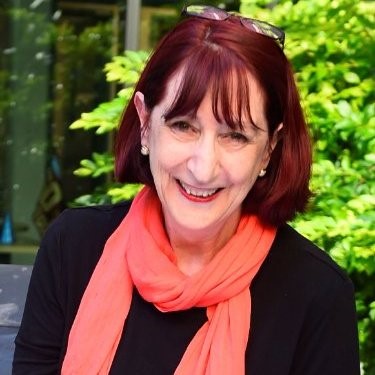
| | Robyn Adams
Robyn is currently the Executive Officer for the Australian Council of Deans of Health Sciences. Robyn has worked in public, private, aged care and academic sectors, holding clinical, management and academic roles in metropolitan and regional settings. Advocacy and leadership roles within professional organisations extends this experience and contributes to her continuing work in the allied health sector. Robyn holds a bachelor qualification in physiotherapy, graduate qualifications in health service management and more recently completed her PhD at James Cook University. |
| | Rosalind KnoxMs Rosalind Knox is the Allied Health Advisor, in the Australian Government Department of Health. Ms Knox has been in this role for over 3 years. Prior to this role, Ms Knox worked in a number of policy areas in the Australian Government Department of Health, including nutrition, immunisation, blood and organ donation, and cancer screening.
Ms Knox has a Masters degree in Nutrition and Dietetics from the University of Sydney, and a Graduate Diploma in Administration from University of Canberra. Ms Knox has worked as a clinical dietitian for over 7 years, mostly at The Canberra Hospital. |
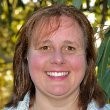 | | Kerstin McPherson
Kerstin is a Physiotherapist, Lecturer and Discipline Lead of Physiotherapy at Charles Sturt University. Kerstin has worked in both rural and metropolitan centres in public and privates sectors within Australia and UK. She is a previous board member of SARRAH and has a passion or rural Physiotherapy practice. She is currently completing a Phd looking at the relationship of pelvic organ prolapse and movement. |
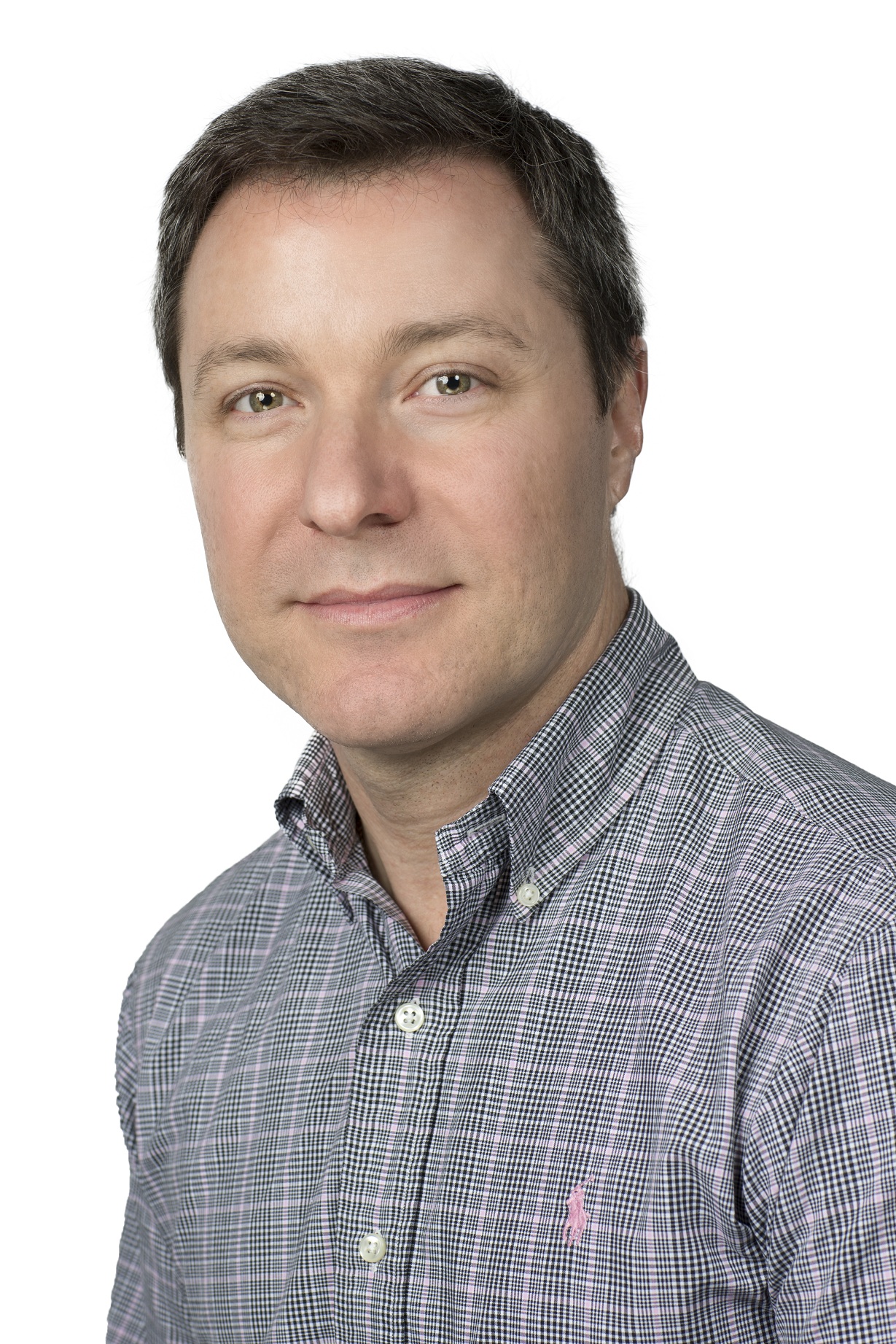 | | Antony NicholasChief Executive – Osteopathy Australia
Director – Allied Health Professions Australia
Director – Osteopathic International Alliance
Antony Nicholas has been the Chief Executive of Osteopathy Australia (the national professional association) since late 2007; is a current Director and former Deputy Chair on the Allied Health Professions Australia’s Board (a peak alliance of 22 allied health professions) since 2009 and a current Board Director of the International Osteopathic Alliance ( a peak, international osteopathic association) since 2015.
Antony studied Biological Sciences at Curtin University of Technology in WA, with further post graduate studies in Education and Natural Resource Management. Antony has a diverse career background in health, health promotion, health-consumer rights, education and dispute resolution, mainly within the not-for-profit sector.
His key other roles over the last decade have included:
· Executive Officer of a community based health promotion and patient advocacy organisation, Positive Life NSW.
· During this time he sat on two NSW Health Ministerial Advisory Committees on Health Promotion and another on HIV and Infectious Diseases; the NSW Health Treatment and Care Review Committee; plus a range of key research advisory bodies such as the Aboriginal Health and Medical Research Council Research into Access Advisory Committee; UNSW Capacity Building Infrastructure Consortium Board; University of Newcastle – HIV Spatial Analysis Reference Group and LaTrobe University – Living With HIV Reference Group.
· Energy and Water Ombudsman NSW as an Investigations/Mediation Officer and also in Community Relations relating to mediating complaints regarding utilities providers in NSW.
· Board Director and Treasurer of the Community Support Network, a volunteer based, in-home community help and palliative care organisation.
· Independent consultant and facilitator working with small community based organisations regarding strategic planning and governance.
· Other roles as a Science Teacher or in education.
|
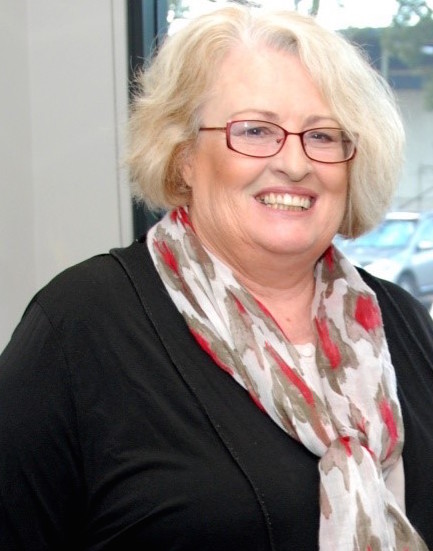
| | Sue Colley
Sue commenced working as a speech pathologist early 1982 as a sole therapist and has worked across a range of settings and clinical caseloads since. Sue held the post of Chair of the NSW Health Speech Pathology Advisory Group for ten years. She commenced involvement in allied health leadership roles in the late 80’s and has numerous roles within south western Sydney. Sue commenced her current role of District Director Allied Health and District Director Speech Pathologist in 2012. In 2013 Sue completed the Executive Masters in Public Administration. Sue has also been active as an ACHS Surveyor and has been privileged to visit many health services and settings across the Nation performing this role. |
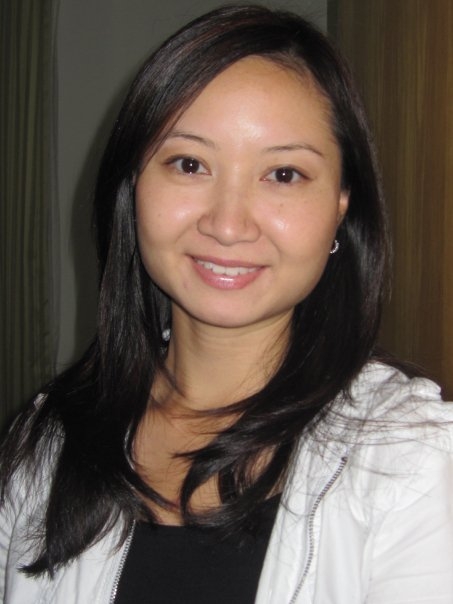
| | Peggy Huang APD AEP JP
Peggy is an Accredited Practicing Dietitian and Accredited Exercise Physiologist. Graduating from the University of Sydney with First Class Honours. She is dedicated to building the capacity, knowledge and skills of the Australian health workforce through various employment and volunteer positions. She is an active member of the Dietitians Association of Australia’s national Scientific and Social Program Committee and the Vice Chair of the NSW Chapter of Exercise and Sport Science Australia. She has also been appointed as a Director on the Central and Eastern Sydney Allied Health Network, CESPHN.
Through the Management Development Unit at HETI, Peggy project manages education design activities to develop programs and resources supporting state-wide strategic opportunities for existing and future health managers.
Peggy has been recognised as a previous finalist in the HESTA Primary Health Care Awards in recognition of her dedication and impacts in improving health outcomes at all levels of health service delivery. |
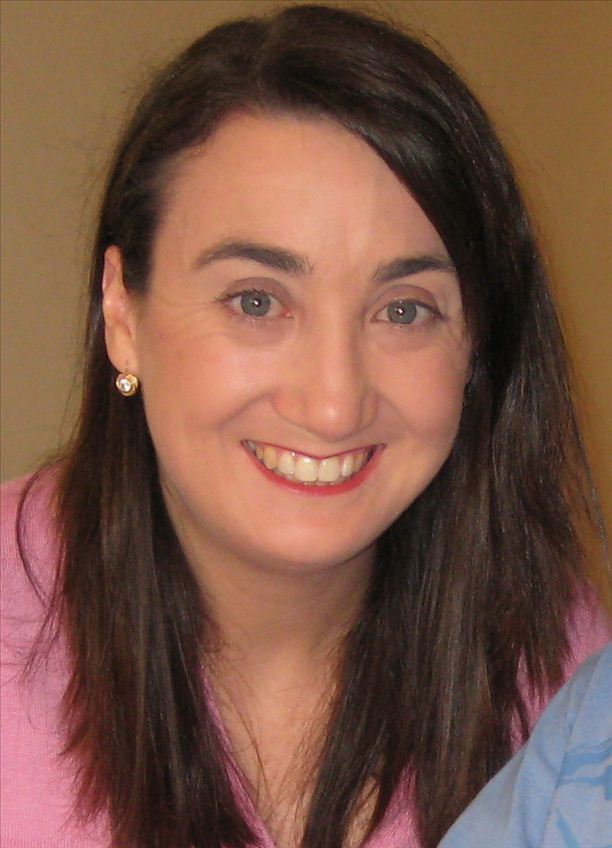
| | Maria Berarducci Maria Berarducci is the Senior Program Manager - Allied Health at the Health Education & Training Institute (HETI), Sydney. HETI supports allied health education and training across the NSW Health system. Before joining HETI, Maria was a Clinical Specialist in Speech Pathology at St Vincent’s Hospital, Sydney. Maria has 20 years of clinical experience and for the majority of this time has been involved in the education of undergraduate and postgraduate speech pathologists. Maria has a strong interest in research, holding a Master’s degree by research which focussed on the assessment of discourse. |
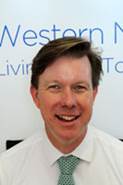 | | Richard Cheney Richard has held many roles in his 24 years in rural health: as a clinician, a manager, an Allied Health discipline senior and advisor. He has worked as a rural health planner, a patient safety officer, a manager of a clinical risk management unit, an educator as well as being chair of many Program Advisory Groups and Steering Committees and nominated to various State and National committees relating to Allied Health and rural workforce. Richard has an undergraduate qualification in Medical Laboratory Science and postgraduate qualifications in Nutrition and Dietetics.
Richard has worked in both the private and public health systems in rural and regional NSW. Currently Richard is the Executive Director of Allied Health for the Western NSW Local Health District. Included in his portfolio of responsibility is professional leadership, direction and management support for Allied Health workforce, policy, programs and professional practice; the Health Intelligence Unit; and strategic leadership for a range of services within the District and region including leading innovation, research and ethics, cancer therapies, palliative care, end of life services, disability services and multicultural health.
Richard is currently co-chair on the ACI Rural Health Network Executive and Co-Chair and is a member of many State and national Committee’s. |
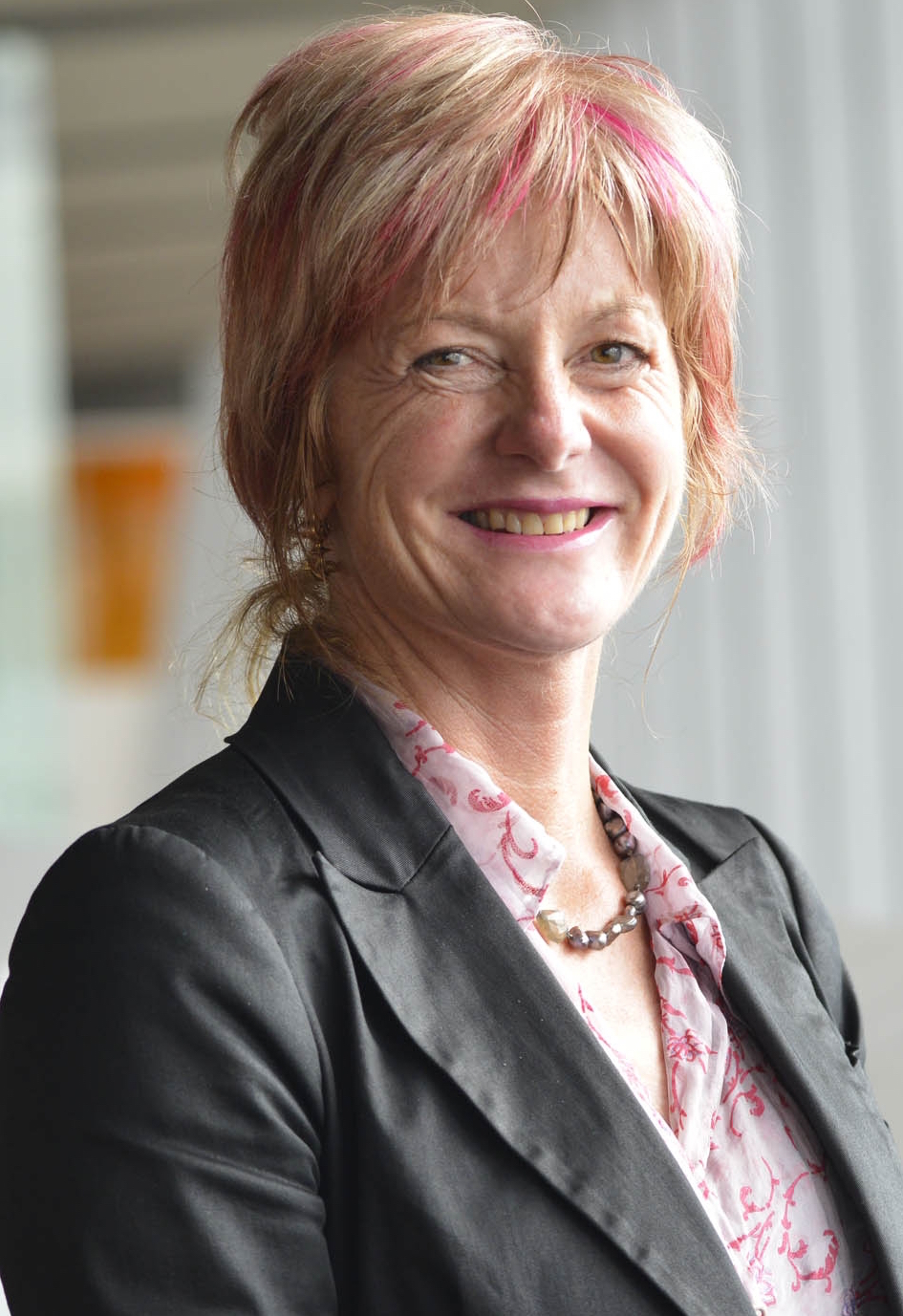
| | Kathleen Philip Kathleen was appointed to the newly created role of Chief Allied Health Advisor of Victoria in 2013 in conjunction with her role as the Manager, Health Workforce Innovation and Reform in the Health Workforce Unit of the Department of Health and Human Services, Victoria, a position she has held since 2008. From February 2016 she will be focussing on the Chief Allied Health Advisor role.
Kathleen is a physiotherapist by background and has Masters qualifications in Public Health , Health Economics and Health Policy. She is responsible for providing leadership and strategic direction to Victoria’s allied health workforce across the various sectors of practice.
|
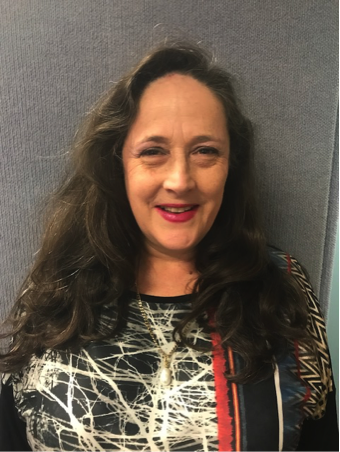
| | Judith Henderson Judith Henderson was formerly the NSW Chief Allied Health Officer till June 2017. Judith is currently Service Manager for Physiotherapy John Hunter Hospital and Belmont District Hospital (incorporating Royal Newcastle Centre), Hunter New England Health NSW; Professional Director Physiotherapy John Hunter Children’s Hospital/ Kaleidoscope; and Conjoint Senior Lecturer Physiotherapy, University of Newcastle. Previous roles have included managing Allied Health John Hunter; Royal Newcastle and Belmont District Hospitals; and Professional Director for Hunter New England Local Health District Physiotherapy; and former chair (10 years) of the NSW Physiotherapy Advisors Group.
|


